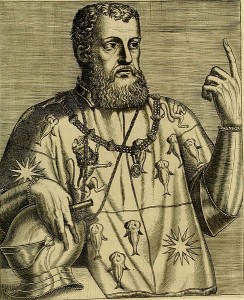
As Clare Cherry and I point out in our biography of George Boleyn, England had become “more and more isolated from her European cousins” due to Henry VIII’s annulment of his marriage to Catherine of Aragon, his break with Rome and his marriage to Anne Boleyn, so this French embassy was hugely significant.
Also on this day in history, 11th November 1541, the king’s council sent Archbishop Thomas Cranmer a letter giving him instructions to move Queen Catherine Howard from Hampton Court Palace to Syon House, formerly Syon Abbey. Click here to read more.
Today is also Armistice Day, the day we remember those who have died, whether in the armed forces or as civilians, in wars and conflicts. Click here to read more about how this is marked in the UK.